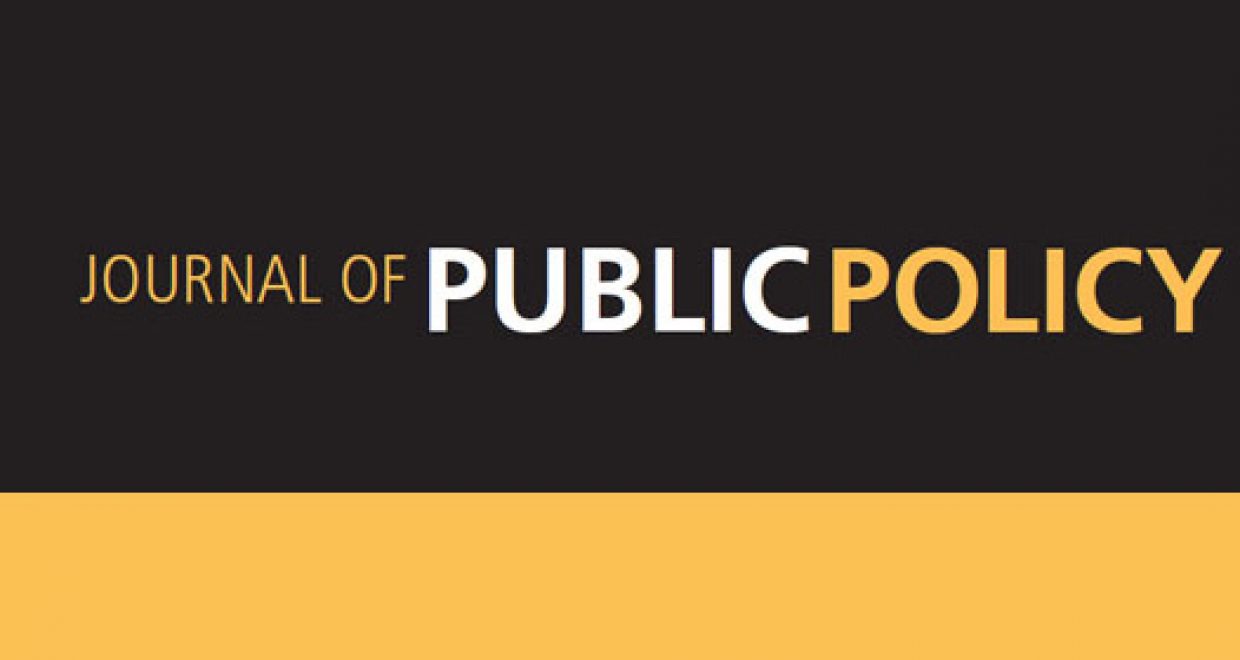Authoritarian and Democratic States: the Covid pandemic and the efficacy of public health outcomes
Although the Covid19 pandemic and its aftermath have largely disappeared from current affairs, there are wider lessons to be learned from how different political regimes responded to the crisis. This research looks at how democratic and authoritarian regimes reacted to Covid. The popular narrative claimed the latter had better public health outcomes because they were able to impose emergency draconian measures during lockdown which contravened, by democratic standards, civil liberties (free and independent media), associational rights (freedom of assembly), and personal autonomy (freedom of movement).
This research therefore examines whether Covid policy interventions in the form of stringency measures had different effects on public health outcomes, moderated by: 1) democracy level or regime type (authoritarian vs. democracy) and/or 2) the level of trust in government. To investigate this issue, we drew on data from: Our World in Data up to December 2020 when the US Food and Drug Administration endorsed the first Covid19 vaccine; Freedom House democracy metrics; World Values Survey data; and the International Disaster database.
The findings provide evidence that authoritarian regimes secured better health outcomes than democratic countries in the form of a reduction in infection rates and deaths in their response to the Covid pandemic. In other words, democracy levels had a significant moderation effect on health policy outcomes although this was not true of citizens’ trust in government. There are several possible explanations for this conclusion. First, and probably most important, there are limitations to how the data were collected and classified as deaths resulting from the pandemic. Second, autocrats increasingly adopted hard-line responses which would have been unacceptable in democracies. Third, the World Health Organisation and the United Nations did not challenge low reporting of statistics on the pandemic but simply accepted them at face value.
The implications of the research include the fact that autocrats used the pandemic to legitimately consolidate their positions under the guise of protecting citizens, while the latter felt cowered and disempowered even to express public criticism of those government services most needed during a pandemic – health care and social welfare. Crises also provide opportunities for corruption on a grand scale. Public procurement requirements, in democratic and authoritarian regimes, were set aside allowing corrupt politicians and officials to engage in kick-back contracts.
– Hyesong Ha (Nazarbayev University), Colin Knox (Nazarbayev University) and Saltanat Janenova (University of Bristol & Nazarbayev University)
– The authors’ article is published open access in the Journal of Public Policy.




